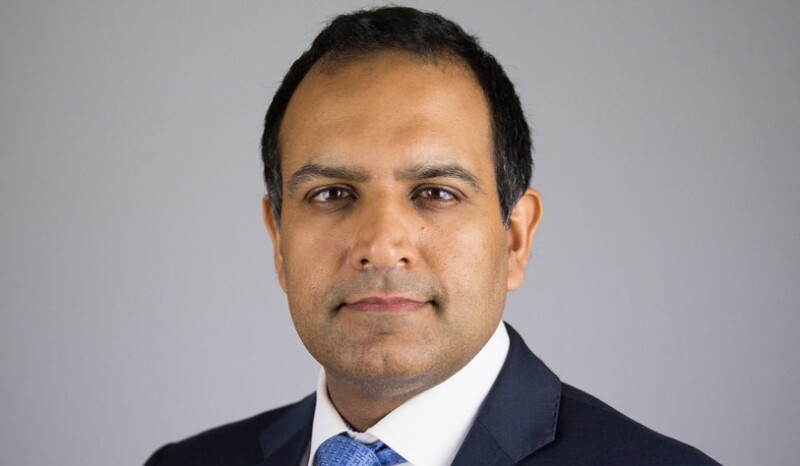
The Financial Times and Bloomberg reported at the end of June that Deutsche Bank had made a payment of more than €10 million to J García Carrión for losses sustained over a period of six years. Euromoney understands that the Spanish firm has also made claims of mis-selling against two other banks. J García Carrión did not respond to requests to comment and Deutsche Bank declined to comment.
One of the reasons why this case is notable is not the sum involved, but rather that it found its way into the public domain. As Euromoney has previously reported, there are many reasons why the majority of currency derivatives mis-selling claims tend to be settled at a very early stage.
Customers are still being sold products … and downside risk is not always explained correctly

“There have been at least a dozen cases over the last few years where we have helped the client reach some kind of restructuring or settlement with their bank or broker,” says Abhishek Sachdev, chief executive of corporate treasury consultancy Vedanta Hedging.
